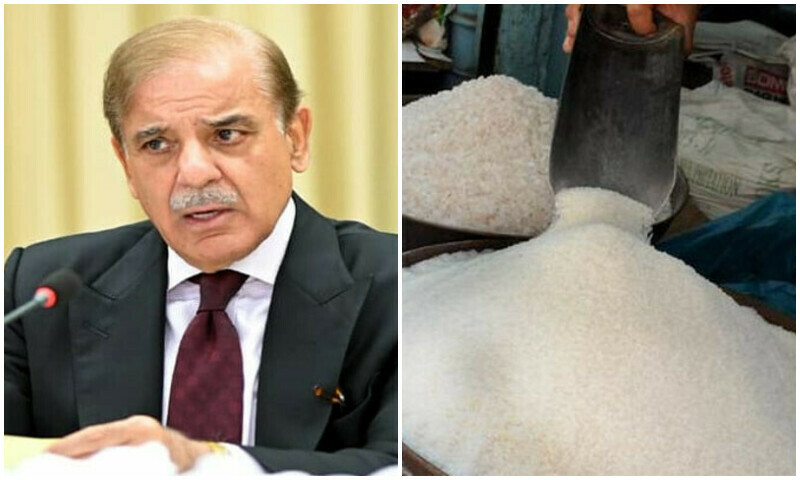Pakistan’s sugar crisis has taken a serious turn as Prime Minister Shehbaz Sharif chaired a high-level emergency meeting to address surging prices and supply disruptions. He issued an emphatic warning: anyone found violating the government-agreed sugar pricing agreement would face strict legal and administrative action.
Fixed Price Mandate Enforced
In coordination with the Pakistan Sugar Mills Association (PSMA), the government established a mandatory price framework:
- Ex-mill price capped at Rs 165 per kilogram
- Maximum retail price not to exceed Rs 173 per kilogram
The Prime Minister instructed officials across federal and provincial levels to enforce this agreement rigorously. Clear directives were issued to clamp down on hoarding, enforce transparent supply chains, and ensure compliance from mills to retail shops.
Escalating Crisis: What’s Driving the Price Surge
Despite official pricing directives, actual retail rates in major cities have spiked well above Rs 190/kg in markets like Karachi, Lahore, Islamabad, Peshawar, and Quetta. Shelves in many stores remain empty, fueling public frustration and political unrest.
The crisis has been attributed to a combination of:
- Artificial hoarding and deliberate stock withholding
- Price manipulation by intermediaries and market speculators
- Export of large volumes of sugar, worsening domestic shortages
- Structural breakdowns in procurement, distribution, and regulation
Government Response: Enforcement and Reform
1. Immediate Actions
Authorities spanning agencies such as FIA, IB, FBR, and State Bank are empowered to conduct raids, impound stocks, and penalize violators. Some districts have already imposed fines, while several retailers and warehouses were sealed for breaching the pricing rules.
2. Crackdown on Hoarding
A coordinated nationwide suppression of hoarders is underway. Provincial administrations have been ordered to monitor mill stocks closely and ensure sugar is released promptly into the market.
3. Import Strategy
To plug supply gaps, the government approved the import of up to 500,000 metric tons of sugar under transparent public-sector arrangements waiving duties and taxes to reduce cost and accelerate market stability.
Towards Market Transparency & Long-Term Stability
Analysts highlight that temporary fixes like importing and price regulation are insufficient without structural market reforms. Calls are intensifying for:
- A digital tracking dashboard tracing sugar from mills through wholesalers to retail outlets
- Introduction of a two-tier pricing model, with regulated pricing for vulnerable consumers
- Reforming sugar export policy to avoid domestic shortages in future crop seasons
- Stronger regulatory oversight over market intermediaries and industrial stockpiles
Without deeper changes, smuggling, export mismanagement, and hoarding are likely to repeat cycles of price volatility.
Public Impact and Consumer Confidence
The sharp rise in sugar prices compounds miseries of households already burdened by inflation and economic instability. For many families, sugar allied to staples like flour and cooking oil is now a luxury.
Prime Minister’s vow to enforce price discipline aims to restore consumer faith in governance. However, success hinges on decisive enforcement, transparency in supply chains, and trust in public institutions.
Conclusion
As Pakistan battles its sugar crisis, the government’s recent decision to cap prices and crackdown on manipulators is a critical pivot point. The effectiveness of these measures will depend on real-time enforcement, transparency in the supply chain, and sustained political will to clamp down on profiteering while ensuring affordable access for citizens.



Comments (0)
No comments yet. Be the first to comment!
Leave a Comment